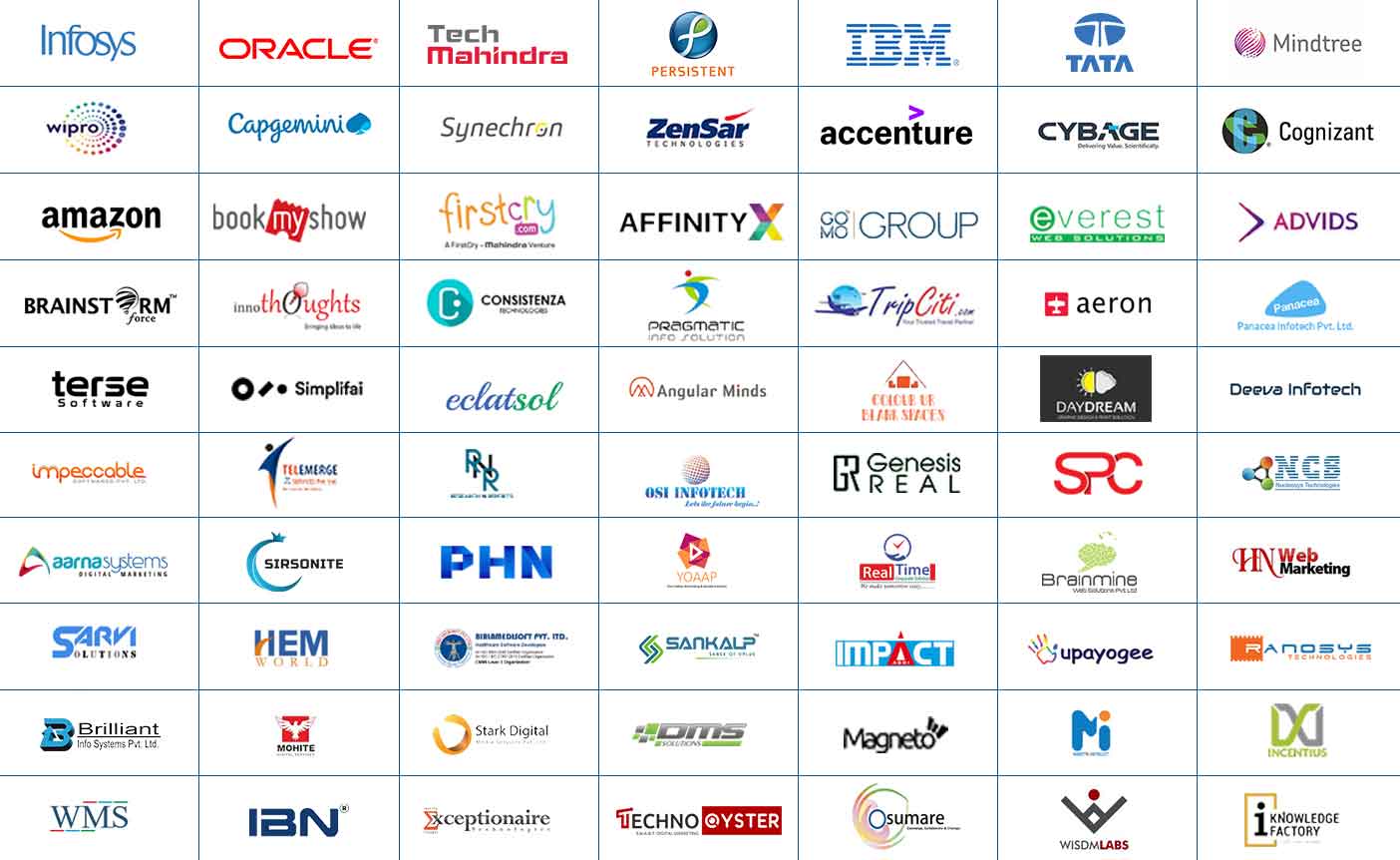- Walk your own path. Are you ready for change? Call : +91-7838474312
- info@digitalinventive.in
As more and more businesses take advantage of the incredible opportunities offered by the World Wide Web to expand into global markets, it’s more critical than ever that sites are correctly optimised for international search. The detrimental effects of having the wrong content presented to users in organic listings cannot be underestimated. If your French content ranks in the Spanish SERPs, you will see decreased click-through rates, increased bounce rates and ultimately, your conversion rates will suffer along with the user experience of your visitors!
Hreflang tags are little snippets of HTML code that allow webmasters to signal to search engines which language(s) and region(s) their site is targeting. They also indicate alternative versions of the content that may be more appropriate for the search engine to serve. Hreflang tags are also useful to eradicate issues of duplicate content which can potentially arise when you have very similar content in the same language which is targeted to different locations. For example, you could have separate, but very similar, content targeting English speakers in the UK and English speakers in the US.
These tags have a strong influence on Google’s decision as to what content should be served up to international users. How do we know this? Well, there is abundant evidence that the incorrect, or complete absence of, implementation of these little snippets of code can result in the wrong content being displayed in the international SERPs. Given that incorrect implementation of hreflang tags can cause havoc for your international targeting, it’s crucial that you get it right.
In order to confirm whether or not your site’s hreflang implementation (or lack of) is the culprit, it’s definitely worth checking in Google Search Console to see if any issues have been flagged. If Google have detected a problem, you are likely to receive the following error message:
The modules were curated according to the skill demand in the market and the industry requirements. Each module is handled by a professional with experience and knowledge in the field. Together they cover both basic and advanced aspects of Digital Marketing, giving the students a 360-degree knowledge on the same.
